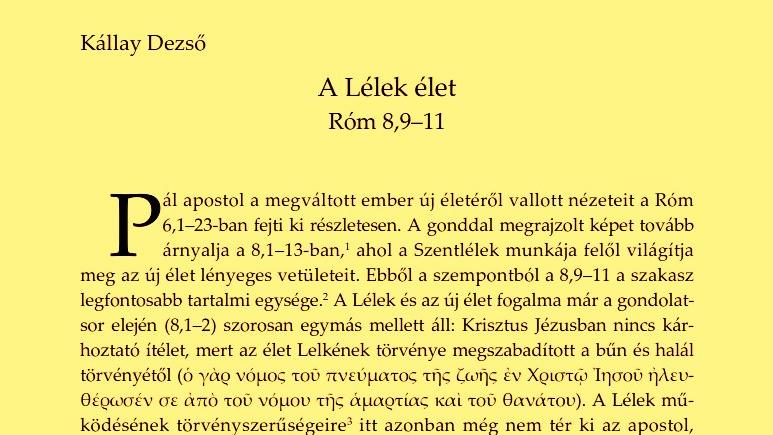„…melyből egy igen jó és tsinos munkájú, kisded orgona vétetett”
Az alábbi repertórium rövid, de számunkra meghatározó időszakot ölel fel. Köszönhetően az időközben kiépülő intézeteknek, jó kezdeményezéseknek, lelkes fiatal kutatók és restaurátorok munkájának, ma tisztábban látunk, mint három évtizeddel korábban. Nyitva áll a folytatás lehetősége, és ennek eredményeként az első fél évszázadban épített, majd újra felfedezett hangszerörökségünk további növekedése várható.
